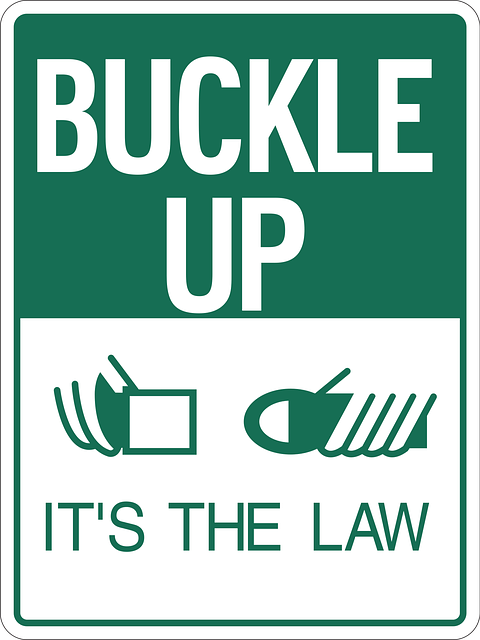Workplace injuries trigger legal processes with time-bound personal injury statute of limitations varying across U.S. states, from 30 days to several years. Consulting a qualified lawyer is crucial for victims to understand deadlines, protect rights, and secure fair compensation for medical expenses, lost wages, and pain and suffering, especially in complex cases like truck accidents. Time is critical; prompt consultation ensures understanding of rights and options after an incident.
Understanding the personal injury statute of limitations is crucial when navigating workplace injuries. This guide delves into the legal framework surrounding such claims, exploring state-specific time frames for filing lawsuits and exceptions that may extend these limits. By examining these nuances, workers and their advocates can ensure timely pursuit of justice and compensation for work-related injuries, fostering a safer and more accountable work environment.
- Understanding Workplace Injury Lawsuits
- State-Specific Time Frames for Filing
- Exceptions and Extensions to Limits
Understanding Workplace Injury Lawsuits

Workplace injuries are a significant concern, often leading to complex legal scenarios when they result in harm to an employee. Understanding the legal framework surrounding these incidents is crucial for both victims and employers. In many jurisdictions, there’s a specific time limit, known as the personal injury statute of limitations, within which a lawsuit related to workplace injuries must be filed. This period varies from place to place but generally offers a set timeframe for individuals who have suffered damages due to employer negligence or unsafe working conditions.
When an employee experiences an injury on the job, they may be eligible to pursue compensation through legal channels. A car crash lawyer specializing in personal injury cases can guide victims through this process, ensuring their rights are protected. While some situations, like medical negligence during treatment, might have shorter limitation periods, employment disputes related to workplace injuries typically fall under the standard statute of limitations, allowing for a more extensive legal assessment.
State-Specific Time Frames for Filing

In the realm of personal injury claims, particularly those arising from workplace accidents, understanding state-specific time frames is paramount. Each U.S. state has its own statute of limitations for filing personal injury lawsuits, including cases involving on-the-job injuries. These deadlines vary significantly, with some states adhering to short periods like 90 days or even less for filing claims against employers. Others offer more generous time frames, often extending up to several years. Knowing these state-specific rules is crucial when considering legal action after a workplace injury.
For instance, if you’ve suffered an injury due to caregiver negligence or a car crash while on the job, your window to file a claim could range from 30 days in some states to as long as four years in others. This variance underscores the importance of acting promptly and consulting with a qualified personal injury lawyer who can navigate these complex laws, especially during an already stressful time. Timely filing ensures that your rights are protected and increases the chances of securing adequate insurance coverage for your workplace injury claim, whether it involves medical expenses, lost wages, or pain and suffering.
Exceptions and Extensions to Limits

In many jurisdictions, personal injury statute of limitations for workplace injuries have specific exceptions and extensions that can significantly impact a victim’s ability to seek compensation. These exceptions often apply in cases where the injury is not immediately apparent or when there is a delay in discovering the cause of the harm. For instance, some statutes allow for an extended timeframe to file a claim if the plaintiff was under the age of majority at the time of the incident or if they were mentally incompetent.
Additionally, certain circumstances may warrant an extension, such as when the defendant actively hid information related to the injury or caused a continuous pattern of harm that went unnoticed until later. An accident lawyer can help navigate these complexities and ensure victims receive fair compensation, including for truck accident settlements or other serious injuries sustained on the job. Remember, time is of the essence in personal injury cases, so consulting with a legal professional as soon as possible after an incident is crucial to understanding your rights and options, especially when dealing with workplace injuries that may not be immediately apparent.
When navigating a personal injury lawsuit related to a workplace injury, understanding the state’s specific statute of limitations is crucial. Different jurisdictions have varying time frames for filing claims, with most ranging from one to three years. However, there are often exceptions and extensions available under certain circumstances, such as hidden injuries or fraudulent concealment, ensuring affected workers have a fair chance to seek justice. Remember, each case is unique, so consulting legal experts familiar with the nuances of state-specific laws is essential for a successful outcome.






